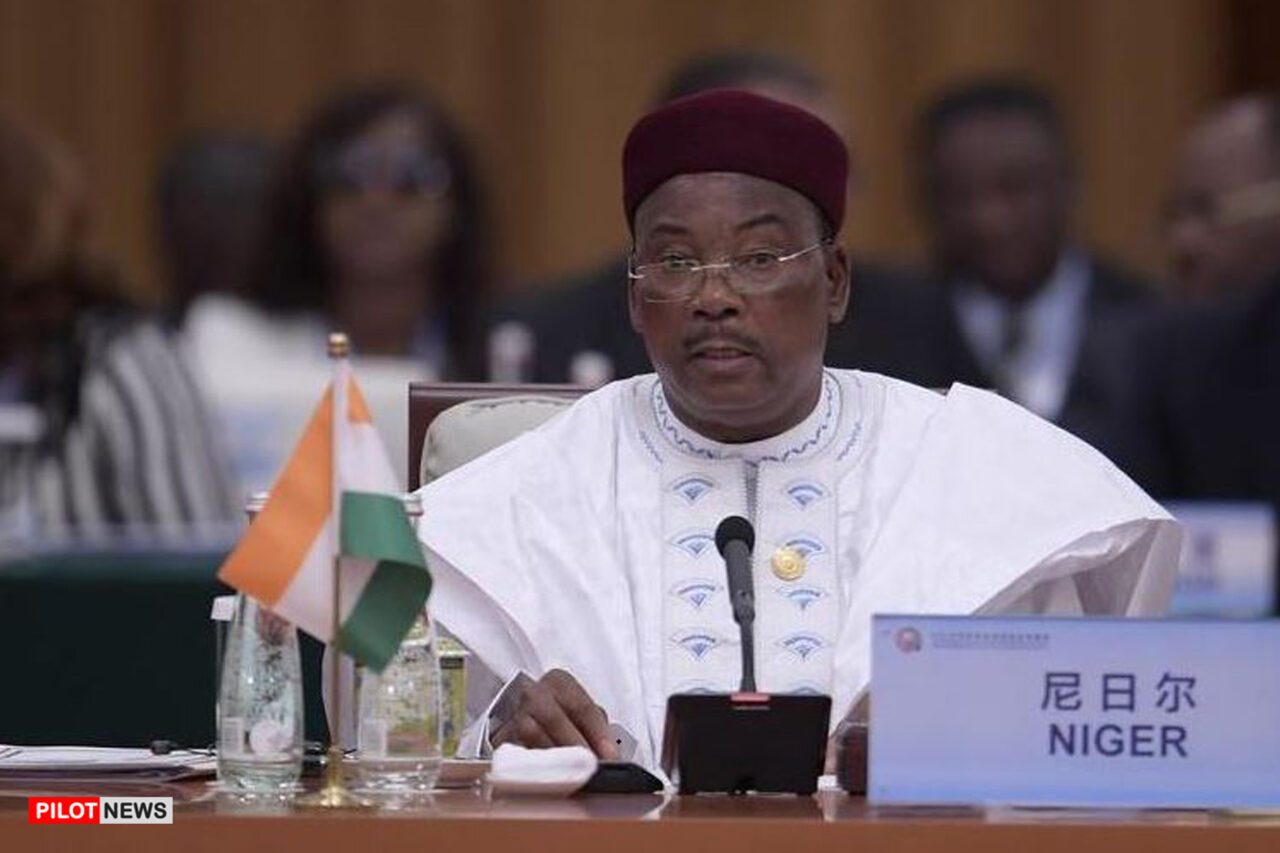By John Campbell
Nigerien President Mahamadou Issoufou, set to step down after two terms in office, was last week awarded the Ibrahim Prize for Achievement in African Leadership. The chair of the Mo Ibrahim Prize Committee, Festus Mogae, a former president of Botswana and himself a recipient of the prize, said that Issoufou had “led his people on a path of progress.” The committee noted that Issoufou had faced “severe political and economic issues.” Niger in the best of times is one of the poorest countries in the world, facing recurrent, severe drought. It has been buffeted by jihadi terrorism, a host of economic issues, and COVID-19. Unlike many other African presidents, Issoufou did not try to remain in office beyond his constitutionally mandated two terms by amending the constitution or pursuing other extralegal means.
The prize committee, in addition to Chairman Mogae, is luminous. The committee’s members are Graca Machel, former first lady of both Mozambique and South Africa; Aïcha Bah Diallo, human-and-women’s rights activist from Guinea; Mohamed ElBaradei, Egyptian diplomat and former head of the International Atomic Energy Agency; Horst Köhler, former president of Germany; and Mary Robinson, former president of Ireland. Former members include Ngozi Okonjo-Iweala, now the head of the World Trade Organization, and former UN Secretary-General Kofi Annan.
Mo Ibrahim, an Anglo-Sudanese billionaire, established the Ibrahim Prize in 2006 to promote good governance. Considered the world’s largest cash prize, award recipients are given $5 million over ten years, followed by $200,000 a year for life. Recipients can also apply for an additional $200,000 per year for their own philanthropy. Hence, the prize frees recipients from the pecuniary concerns that might otherwise encourage them to remain in office after their terms expire.
Ibrahim prize recipients have been notable for operating within a broad political culture of respect for human rights and the rule of law. Notably, all of the heads of state that have received it have left office when their constitutional terms of office were up. The prize, however, is awarded for “good governance,” not for the promotion of democracy as defined in the developed world.
This publication is part of the Diamonstein-Spielvogel Project on the Future of Democracy.
- Anambra 2025 Governorship Election Might Be an Open Contest - April 24, 2024
- Anambra Assembly Passes Bill To Prohibit Secret Cults - April 24, 2024
- 2024 Aguata NBA Law Week: AG, Prof. Ifemeje Touts Landmarks and Expectations - April 19, 2024



